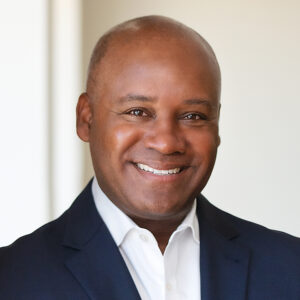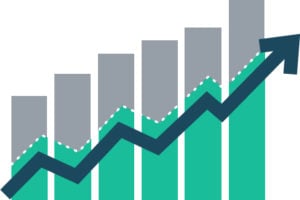So, Are We In a Recession?
Let’s start with the big debate: Should we characterize the current economic environment as a recession? The simple case for this is that GDP growth has been negative for two quarters in a row which technically is a recession. That said, the focus on the recession debate could be distracting investors from the more important signals that came from the latest GDP release and Federal Reserve meeting.
Takeaway 1: Rate hikes are having their intended impact
The economy is slowing, and quickly. The housing and goods sectors are going through a substantial slowdown with all of the other major housing-related economic data also coming in below economists’ estimates.
Takeaway 2: We are probably closer to the end of the Fed’s rate hiking cycle than the beginning
The Fed acknowledged this backdrop of slowing growth in its policy statement. And while its primary focus is still on getting inflation back to target, it hinted in the press conference that the worst of the tightening cycle is probably over. Two ideas help support this view.
The first is that the Fed thinks it is close to “neutral,” or the theoretical interest rate that neither stimulates nor restricts economic activity. This is important because a guiding principle for this tightening cycle has been to get to neutral as quickly as possible.

Next, Fed Chair Jerome Powell said that it would probably be appropriate to slow the pace of rate increases once the Fed gets into restrictive territory. Because its next move will get it into restrictive territory, it follows that smaller rate hikes are likely going forward. This aggressive rate hiking cycle has been the primary reason for the poor performance from both equities and bonds so far this year, so smaller rate hikes should be welcomed by investors.
‘The focus on the recession debate could be distracting investors form the more important signals that cames from the latest GDP release.’
In conclusion, instead of getting distracted by the “recession” debate, the weak GDP report and the Fed’s meeting give us added confidence in our view that the deteriorating growth backdrop and falling inflation will enable the Fed to stop raising interest rates early in 2023. In markets, that means a sigh of relief, recession or not.
Rick Barragan is the Managing Director, Los Angeles Market Manager, for J.P. Morgan Private Bank.
[email protected] | (310) 860-3658
privatebank.jpmorgan.com/los-angeles

